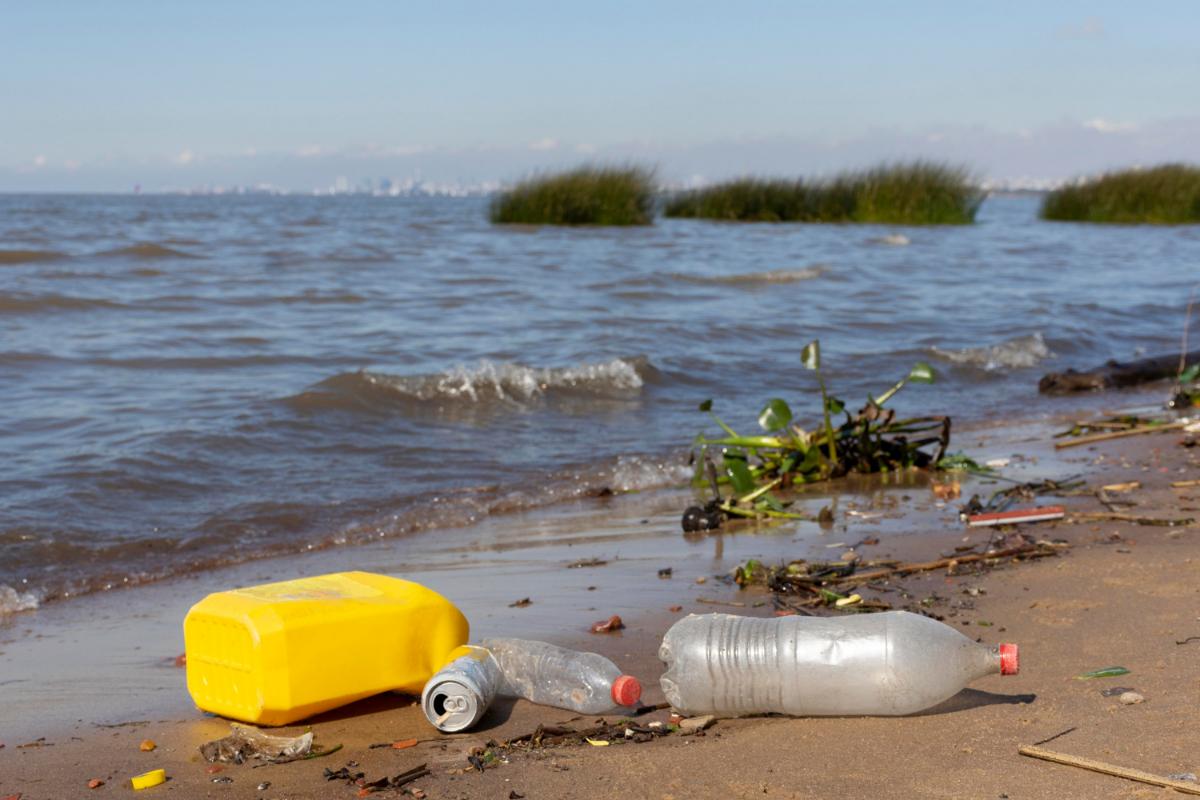
When you throw away items like plastic containers, empty water bottles, and glass jars, these items end up polluting our earth for many years. These items also never biodegrade or break down, so they linger forever. They end up polluting our landfills, streams, and oceans. Pollution in our oceans has become a major issue that threatens the life of many marine animals and upsets the balance of many aquatic ecosystems. As a company that focuses on plastic recycling in New Jersey, we hope to educate our clients on the many dangers of polluting our earth's oceans.
When oil spills or other chemical pollutants reach marine life, they have a toxic affect that can be fatal to marine life. Many spills can create issues with fish species and also bird species that feed on marine life. When chemicals get into the wings of birds, it can prevent them from flying. Also, chemical or oil spills can cause a range of health issues within aquatic life, such as cancer, behavioral changes, or even death.
When chemicals are released into streams or rivers, these chemicals then travel to the oceans. Once ingested by a small fish, these chemicals can have devastating effects by causing harmful changes to the body. Not only will that small fish be affected, but the larger fish that feed on those smaller fish will also exhibit negative health benefits. These health issues due to exposure continue to work their way up the food chain, eventually even affecting humans.
When we burn fossil fuels, we release carbon emissions into both the air and water, which then increases the acidity of our oceans. Ocean acidification has negative effects on aquatic ecosystems. Coral reef ecosystems rely on the low pH levels of the ocean in order to build their shells and survive. The higher acidity in the water also makes it difficult for some fish to sense their predators or hunt prey.
Litter has also found its way into our oceans and waterways, which poses many health hazards for marine life. The majority of the garbage that makes its way into our oceans is plastic, which is also non-biodegradable and lasts for a long time. They instead litter beaches, entrap marine life, and get ingested by many fish or coastal animals. Items like water bottles, plastic grocery bags, plastic straws, and other containers continue to wreak havoc on our marine and coastal ecosystems, which is another reason why recycling plastic is so critical to saving the environment.
These are just a few of the major dangers that pollution poses to our earth's pristine oceans. It is important to participate in plastic recycling in New Jersey to help save our ocean's wildlife from exposure to chemicals, injury, and even death. Contact us today to hear about our plastic recycling services.